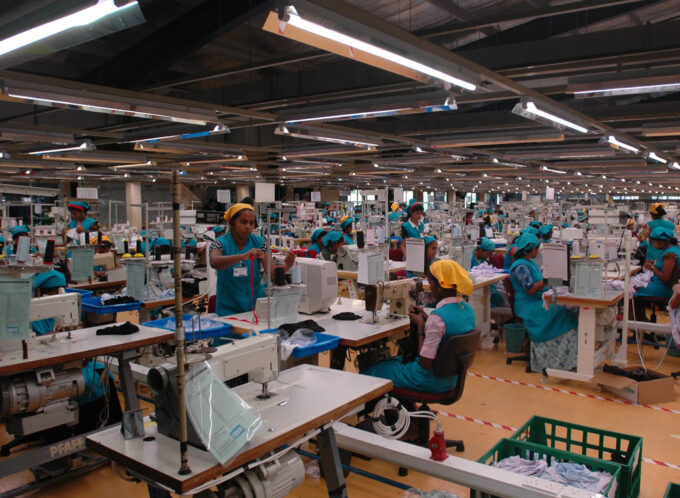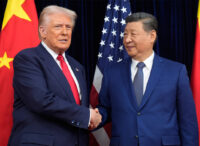Thousands of parcels ordered by Sri Lankan consumers from global e-commerce platforms such as TEMU, AliExpress, and eBay remain stranded at Sri Lanka Customs, caught in a legal grey area that is paralysing supply chains and frustrating consumers and businesses alike.
Advocata Institute, an independent policy think tank, raised serious concerns over the growing crisis, warning that the absence of a modern tax framework for cross-border e-commerce is causing severe delays, undermining consumer access, and draining government revenue.
“Ensuring consumer choice through a competitive market is key to delivering reasonable prices and better quality for Sri Lankans,” Advocata said, calling for urgent regulatory reform to keep pace with the country’s expanding digital economy.
Until recently, imported parcels were cleared under an informal “per kilo” tax method, where goods were declared as personal effects and taxed at a flat rate. This workaround, however, has collapsed under the volume surge driven by the growing popularity of global e-commerce platforms.
Customs has now shifted to item-level taxation using HS Code classifications, requiring individual declarations for every parcel. The result has been a massive bottleneck, with parcel processing grinding to a halt and thousands of packages awaiting clearance — a burden the system is ill-equipped to handle.
The impact has been particularly severe on small and medium enterprises (SMEs), many of which rely on platforms like TEMU and AliExpress for sourcing essential components and supplies.
Advocata attributes the crisis to Sri Lanka’s outdated legislation and overly complex tariff regime. Unlike countries such as Singapore and Australia, which have implemented forward-looking systems allowing vendors to collect and remit taxes at the point of sale, Sri Lanka offers no such provision.
The institute recommends the adoption of a Vendor Collection Model, where overseas platforms collect taxes from consumers during checkout and remit them to Sri Lanka. This would eliminate the need for HS code-based clearance at the border, exempt low-value goods under a de minimis threshold (e.g., USD 75), and limit compliance requirements to high-volume platforms handling more than 10,000 parcels per month.
“Relying on HS code-based tariff enforcement at the border for thousands of small parcels is impractical. It risks driving e-commerce platforms away altogether,” Advocata warned, noting that tax collection must be modernised to suit the scale and nature of cross-border online trade.
“Without reform, parcel delays will worsen, customs will choke, and public revenue will continue leaking as e-commerce grows,” Advocata added.
They urged policymakers to act swiftly, stressing that reform is not merely a matter of adjusting tax rates, but of transforming the mechanism of tax collection to reflect the realities of the global digital marketplace.
Failure to do so, it warned, could stifle consumer choice, undermine competition, and weaken Sri Lanka’s standing in the global trading system











Leave a comment